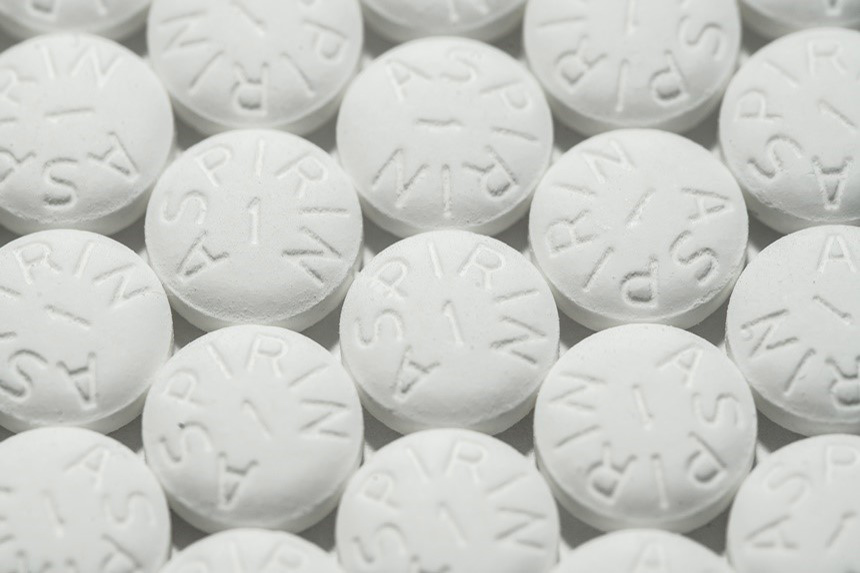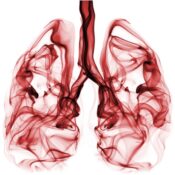“Your Weekly Checkup” is our online column by Dr. Douglas Zipes, an internationally acclaimed cardiologist, professor, author, inventor, and authority on pacing and electrophysiology. Dr. Zipes is also a contributor to The Saturday Evening Post print magazine. Subscribe to receive thoughtful articles, new fiction, health and wellness advice, and gems from our archive.
Order Dr. Zipes’ new book, Damn the Naysayers: A Doctor’s Memoir.
Should I take aspirin? Or not?
Salicylic acid is found in an extract prepared from the bark of white willow trees and has been used for thousands of years to relieve fever and pain. In 1899 salicylic acid was chemically altered to produce acetylsalicylic acid. The new compound was patented, named aspirin and has been used ever since to treat pain, fever, headache, arthritis, and other diseases.
Aspirin has also been used to prevent cardiovascular disease. In 2010, I wrote that “Aspirin inhibits blood clotting by reducing the ‘stickiness’ of platelets. This helps lower the incidence of stroke and heart attacks but may increase the risk of bleeding. In general, people at low risk of having a heart attack or stroke shouldn’t take daily aspirin because the chance of bleeding outweighs any potential benefit. In contrast, low-dose aspirin therapy is beneficial for those who carry an increased risk of heart attack or stroke…”
The rigor of those statements has been tested recently in several trials of apparently healthy older adults treated with low dose aspirin. It was shown that aspirin offered no benefit in preventing cardiovascular disease, dementia or disability and increased the risk of bleeding in the gastrointestinal tract and brain.
Thus, for generally healthy individuals at low cardiovascular risk, particularly the elderly, the risks of taking daily aspirin outweigh any benefit. However, for people trying to prevent a second heart attack or stroke, strong evidence exists in support of daily baby aspirin therapy to reduce the risks of another event.
It’s also important to remember that aspirin can impact breathing and worsen respiratory problems, a condition called aspirin-exacerbated respiratory disease or AERD. AERD is characterized by swelling of the lining of the sinuses and nasal membranes, formation of polyps, and asthma. Patients with AERD also have respiratory reactions not just after ingesting aspirin but with other nonsteroidal anti-inflammatory drugs (NSAIDs) such as ibuprofen. These reactions typically involve the upper airways with nasal congestion, runny nose, and sneezing. The lower airways can also be affected, with laryngospasm, cough, and wheezing. Patients with AERD less commonly have gastrointestinal symptoms of abdominal pain and nausea, flushing and skin rashes. The severity of the reaction is related to dose, so that increased amounts of aspirin and other NSAIDs produce greater respiratory problems.
Interestingly, patients with AERD are often unable to drink alcoholic beverages without having upper- or lower-airway hypersensitivity reactions, most commonly to red wine and beer.
Treatment of AERD usually involves inhalers, steroids, and for some, aspirin desensitization. Surgery can be performed to remove polyps, but they usually grow back rapidly. If the surgery is done, it should be followed by aspirin desensitization in specialized clinics.
It is clear that “simple” aspirin is not that simple. Yet, it does remain a mainstay of treatment for a variety of illnesses but should be taken with full knowledge of its benefits and potential harm.
Become a Saturday Evening Post member and enjoy unlimited access. Subscribe now




Comments
I like it